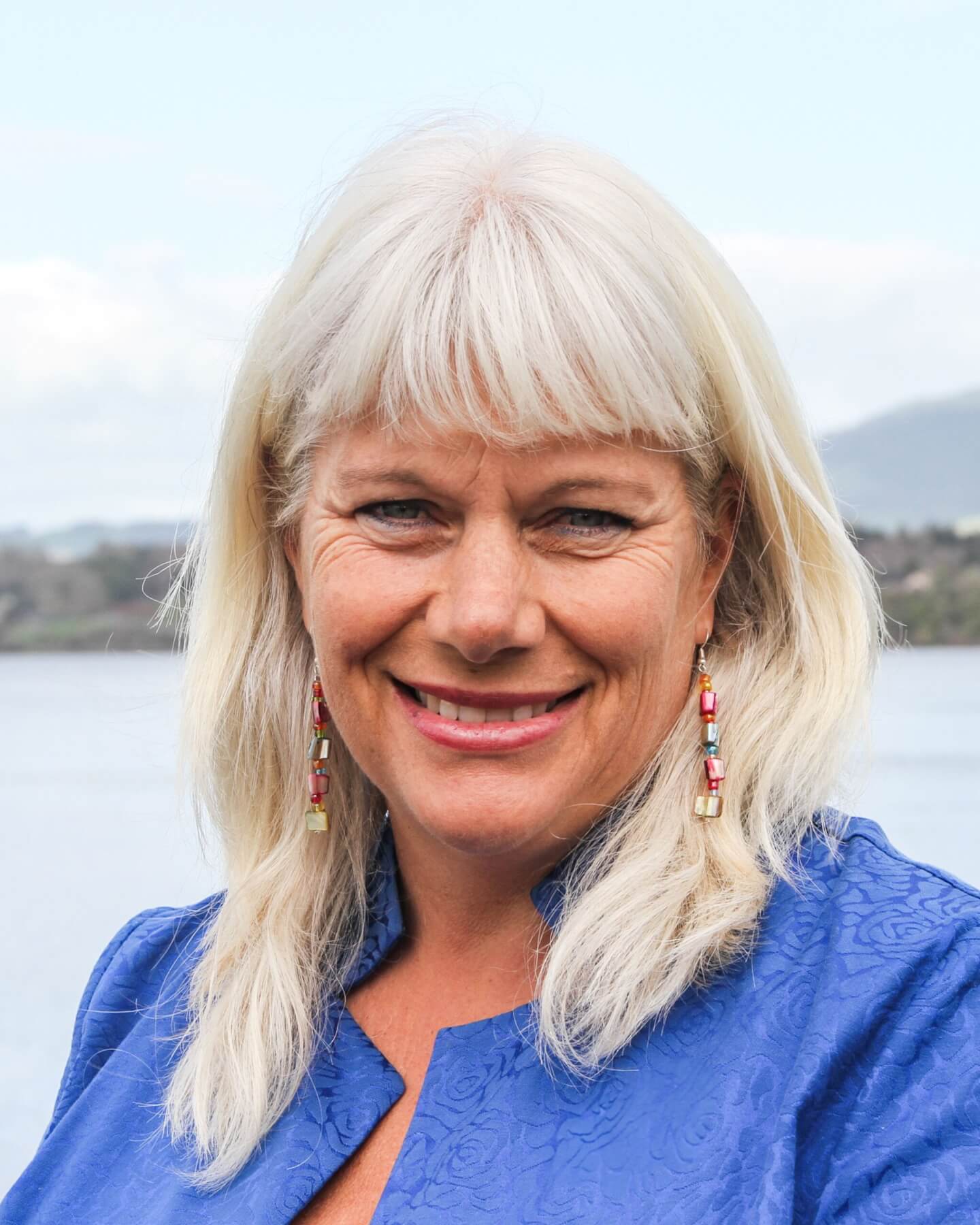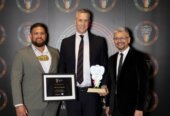
Waikato Regional Council

Liz Stolwyk – 2025
Liz Stolwyk – Waikato Regional Council
See: Candidates in their own words
Do you support the use of 1080 to combat pests? (50 words) and what is the biggest threat to our native flora and fauna and how should the regional council tackle it? (50 words)
Whilst I would prefer not to use 1080, it has proven effective in controlling pests in native bush and reducing TB in livestock, vital to Waikato’s economy. Strict controls are essential, alongside a long-term strategy to reduce reliance on 1080 while promoting sustainable, alternative pest management solutions.
What is the biggest threat to our native flora and fauna, and how should the regional council tackle it (50 words)?
Introduced pests like rats, stoats, and possums are the biggest threat to our native birds, insects, and forests. The council should continue to support 1080 and trapping. Working with locals and community groups will give wider protection to keep our environment strong long term whilst ensuring ongoing respectful discussion.
Waikato River and several lakes in Waipā-King Country – including Te Koo Utu and Ngā Roto – face water quality concerns.
What would you like to see done about those issues? (50 words)
I would like to see stronger action to improve water quality in the Waikato River and our local lakes. Planting more native trees and supporting community clean-up projects will make a real difference. Working together, we can restore these waterways and protect them for our future generations to enjoy.
Do you support Plan Change One? (50 words)
I was part of the original Collaborative Stakeholder Group set up by Waikato Regional Council, one of only two candidates involved with PC1 from the start. Like many, I’m disappointed by the time and more than $30 million spent, with progress hindered by unnecessary complexity added along the way.
The regional council is responsible for providing and improving public transport services and investing in long-term planning. Can the regional council be doing this better and if so, who should pay for it, ratepayers, users or partnerships? (50 words)
Public transport helps cut traffic and parking problems. Waikato Regional Counci should create stronger links between towns, schools, tertiary hubs, and the city, while also improving buses within our bigger towns. Funding must be shared fairly so towns and the city both benefit, keeping services affordable, easy to use, and reliable.
Several district councils and Hamilton city are growth councils. How can the regional council balance the need for urban growth with the protection of highly productive land? (50 words)
I’ve had a front row seat on this issue through 12 years on Waipā District Council’s Regulatory & Future Proof committee. Balancing growth with protecting productive soils is never easy. The regional council must guide expansion, support district councils, and manage farmland loss fairly. With smart planning, we can achieve both goals.
Climate change resulting in extreme weather events increases fire risk, rising tides and impacts on our flora and fauna. Is the regional council doing enough to manage and prepare for this? (50 words)
Extreme weather impacts both rural and urban communities. The regional council must use reliable data to understand risks and invest in smart infrastructure like stop banks, drainage, and flood protection. Preparing now with strong planning and practical action is the best way to keep people, property, and farmland safe.
What more could the regional council be doing to manage the region’s waste? (50 words)
The regional council should partner with recycling groups ie Urban Miners and service clubs and also expand stewardship schemes such as Ag-recovery, and support innovations like FuturePost that turn farm plastics into fence posts. By working with communities and industries, we can recycle more, cut landfill waste, and create smarter, sustainable ways to reuse materials.
Organisations like Waikato Chamber of Commerce are calling for widespread local body amalgamation.
Do you support that call and if so, what Waikato local authorities would you want to amalgamate with? (50 words)
Absolutely. After 12 years on Waipā District Council and deputy-chair of Future Proof, I’ve seen too much duplication and siloed work. Amalgamating departments and councils would reduce costs and improve services. The Waipā/King Country ward alone has three councils, three mayors, and dozens of councillors—this over-representation is unsustainable and inefficient.
What is your view on
(a) rates capping and (b) linking rates to an inflation index (100 words)
Rates capping or linking rates to an inflation index sets the wrong mindset and becomes a target rather than a tool. That doesn’t mean I oppose reducing rates—quite the opposite. Councils must take stronger control of management teams and thoroughly scrutinise budgets and spending. Too often, the tail is wagging the dog with elected members sidelined from real fiscal oversight. Ratepayers deserve councils that actively challenge costs, demand efficiencies, and make every dollar count. Elected representatives must have the access and authority to deliver the financial responsibility their communities expect when they place trust in them.
What would you do to help people engage more in local government (50 words)
I believe the real question is how local government engages with the people it serves. I’m committed to being visible and approachable, attending community events, and building strong links with groups ie Service groups, Federated Farmers etc. Councillors must get out, listen, and connect if they want people to engage back.
Finally, why should people vote for you to be their representative on Waikato Regional Council’s Waipā-King Country constituency? (100 words)
I bring 12 years’ experience on Waipā District Council, including six as deputy mayor to two very different leaders. I’ve worked on key committees such as Future Proof and public transport planning, so I understand how the system works—and where it fails. I’m deeply engaged in the community, from supporting local groups to biosecurity work with council and MPI on issues like the gold clam. As a dairy farmer in Ōhaupō, I understand farming’s value to our economy. I’m standing to continue serving Waipā while committing strongly to the King Country, and I pledge to serve two terms to build real momentum.








